DC MUD:Skyland's Supreme Challenge
Real estate development is sometimes an agreeable collaboration, sometimes a struggle, and all too often a wordy brawl, but seldomly is it constitutionally challenging. But that may well be the case in southeast DC's Skyland Town Center project, now in its 8th year of development. What began as a plan to redevelop a needy southeast neighborhood, a benefit most agreed was overdue, has morphed into a property rights battle that tests the U.S. Supreme Court's decisions on property rights.Go HERE to continue reading.
Eight years ago, the National Capital Revitalization Corporation (NCRC) began planning a makeover of the strip mall, proposing 450-500 residential units and 280,000 s.f. of retail at the intersection Alabama Avenue and Good Hope Road, an area that saw none of the rejuvenation that occurred downtown over the last decade. The District-funded NCRC recognized the spot as a bullseye to spur development, one where private industry alone might not be tempted. The choice seems apt; shuttered beauty salons accompany a check-cashing outlet, a Discount Mart offers faded displays in the window, and the mismatched storefronts are united as much by their nearly-matching green awnings as by their peeling paint and disrepair. On a warm day, car traffic is heavy but the few pedestrians seem more inclined to linger on one of the park benches in front than patronize the stores.

